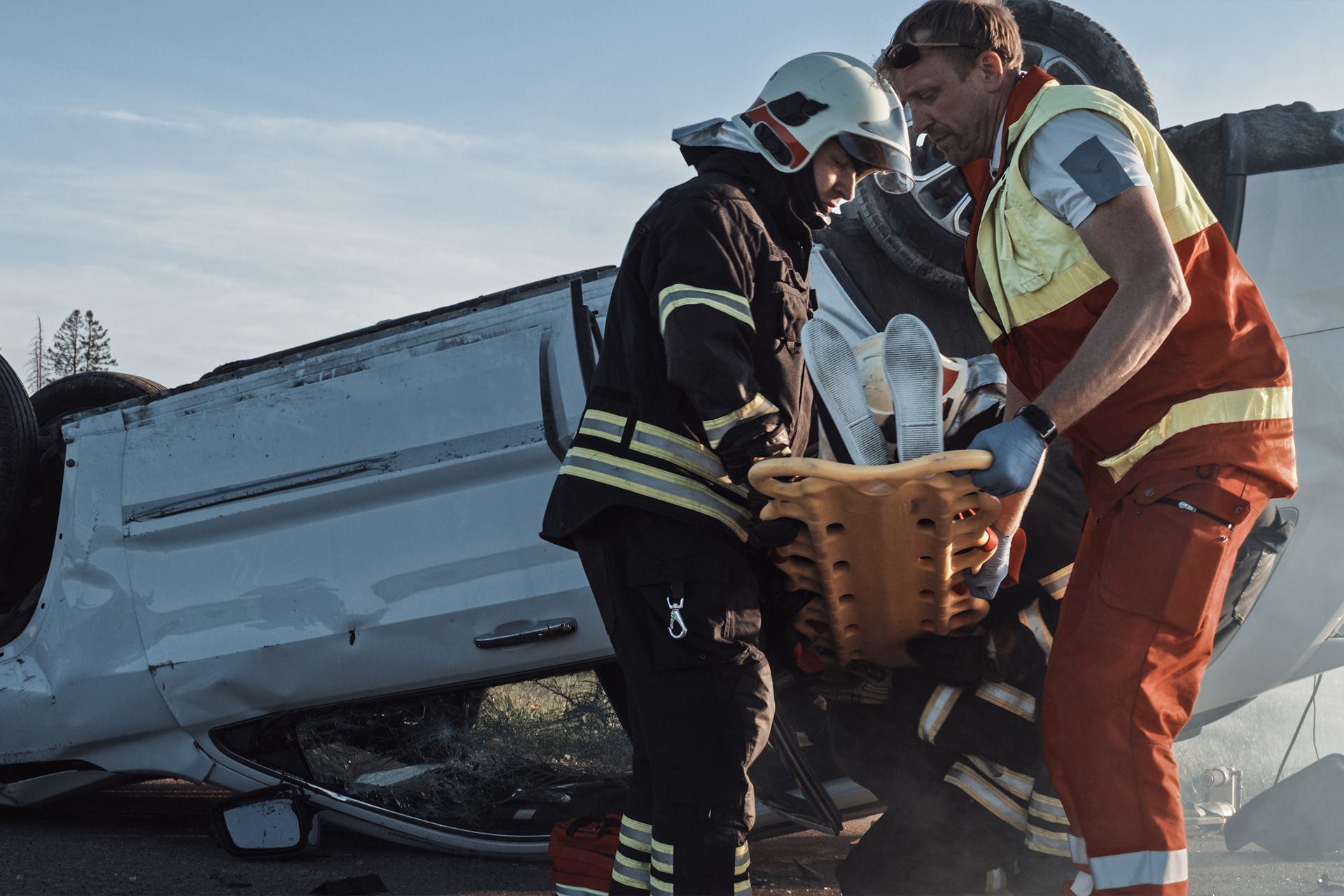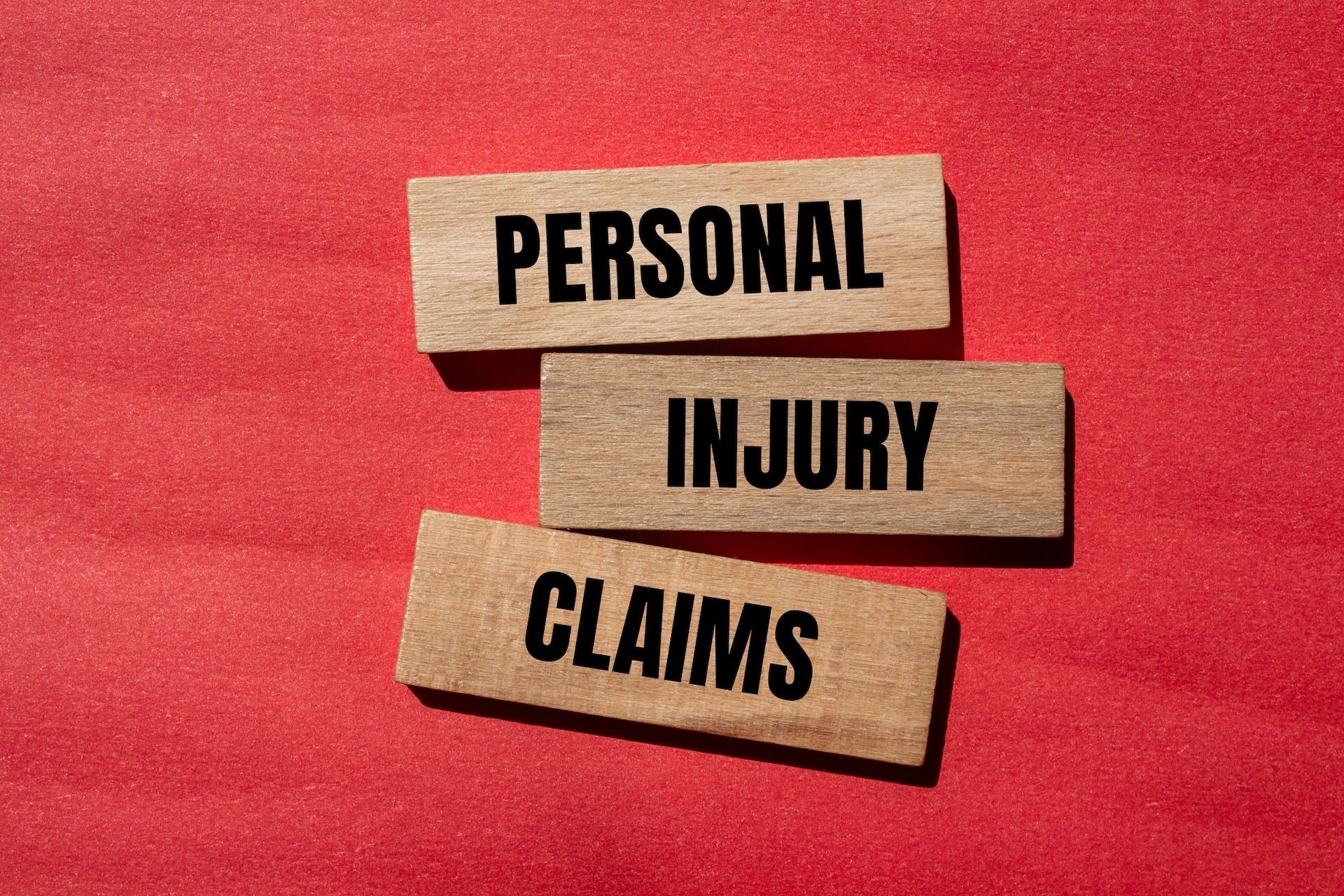Vocational Experts Offer Reliable Opinions that Courts Admit into Evidence

A Florida products liability case from South Carolina illustrates how qualified vocational experts can satisfy the federal requirements for admissible expert testimony.
Gene Moore was injured while using a climbing treestand. The treestand is essentially a chair that straps to a tree. Hunters sit in a treestand while awaiting the target of their hunt to appear.
Moore sued the manufacturer, distributor, and seller of the treestand. He alleged that the product was defective and that the defect caused his injuries.
Vocational Injury
Moore owned his own business. Before he was injured, he performed certain tasks himself. He alleged that to continue in business, he would need to hire a welding supervisor to perform duties that his physical limitations prevented him from performing himself.
To prove his loss of income, Moore relied upon the opinions of a vocational expert. Among other opinions, the vocational expert concluded that Moore would need to pay $73 an hour to hire a full-time welding supervisor as a replacement employee.
The case came before a federal judge in South Carolina. Moore proposed to call six expert witnesses to prove liability and damages. As has become fashionable in federal court, the defendants made a Daubert challenge to each witness, including Moore’s vocational expert.
Daubert Challenges
The Daubert standard requires judges to exclude expert opinions that do not meet a test of reliability. The rule conditions admissibility upon an expert’s application of a reliable methodology to sufficient facts in a reliable way.
The Supreme Court has articulated several factors that can be used to assess reliability, but those factors are largely applicable to opinions expressed by scientists based on experimental or observational studies. Not all fields of expertise involve “peer-reviewed studies” or methodologies that involve “known error rates.”
The Supreme Court emphasized that the Daubert standard is meant to be flexible. Rule 702 recognizes that expert testimony may be based on “scientific, technical, or other specialized knowledge,” a phrase that encompasses specialized knowledge that is not based on science.
Courts generally agree that qualified vocational experts have “specialized knowledge” that enables them to offer opinions that will help a jury decide such issues as a party’s employment options, future employability, and loss of earning capacity. To prepare admissible opinions, experienced vocational experts take care to explain their methodologies, as well as the facts upon which they base their opinions, in detail.
Daubert Challenge to Vocational Expert
The defendants in Gene Moore’s lawsuit asked the court to exclude his vocational expert’s testimony. The court decided that the expert had “specialized knowledge” because of her education, training, and experience and that she was qualified within the field of her expertise.
The defendants contended that the expert’s methodology was unreliable because she merely accepted Moore’s statement that he would need to hire a replacement employee to perform work that his limitations prevented him from doing. The court reviewed the expert report and deposition testimony to determine whether her methodology was reliable.
If the vocational expert had simply repeated Moore’s claim that could no longer perform certain tasks and needed to hire a replacement to do that work, her testimony would not have satisfied the Daubert standard. Courts agree that merely repeating information supplied by another person requires no expertise at all and is therefore not a reliable methodology.
Reliability of Vocational Expert’s Methodology
The court was satisfied that the vocational expert based her opinion on multiple sources of information. She reviewed the medical reports to determine Moore’s physical limitations. In particular, she relied upon a Physical Capacities Evaluation prepared by Moore’s treating orthopedic surgeon. That evaluation documented specific limitations in Moore’s ability to stand, walk, lift, and perform other physical activities. Gathering data from medical experts is a standard part of the methodology used by vocational experts.
The expert also interviewed Moore. She determined the specific physical activities that were required to perform Moore’s job duties before his injury. Rather than simply believing Moore’s assertion that he was incapable of performing certain job duties, she determined that the limitations identified by doctors would impair Moore’s ability to do the same work he did before he was injured.
The expert then consulted sources that are widely relied upon by vocational experts, including the Dictionary of Occupational Titles, to determine what jobs Moore is capable of performing in light of his physical limitations. She was able to compare earnings in those jobs to the reduced earnings that Moore would experience if he continued to operate his business with the addition of a full-time welding supervisor.
The judge rejected the argument that the expert’s testimony was “speculative.” She relied on medical records, interviews, and labor market data to form her opinions. The judge concluded that courts “permit vocational experts to testify when relying on similar evidence.” The expert’s conclusion that the added expense of hiring a new employee would reduce his earnings was a logical conclusion based on the facts and the expert’s methodology. Since the facts (including the physical limitations identified in medical records and Moore’s pre-injury job duties) were supported by evidence, whether those facts were correct was a question for the jury to answer.
Finally, the defendants objected that the expert’s reliance on a $73 hourly wage for a replacement employee was unreliable because she based that conclusion on a conversation with a welding instructor. In fact, the expert consulted several other sources. She determined Moore’s own hourly rate and examined hourly rates she obtained from the Bureau of Labor Statistics. Since her opinion was grounded in adequate facts and a standard methodology, the opinion was reliable and admissible.
Vocational Expert Reports
Like the expert in the Moore case, vocational experts have embraced methodologies that are generally accepted by the vocational expert community as the best means of forming reliable opinions. Vocational experts gather facts from a variety of sources and apply standard methodologies to the relevant facts in a consistent way. The result is an opinion that courts recognize to be reliable and admissible.
The key to admissibility is an expert report that describes the methodology, that identifies the facts to which the methodology was applied, and that explains how the vocational expert’s opinions derived from the application of the methodology to the relevant facts. Comprehensive expert reports are a vital service that vocational experts offer to the lawyers who hire them.
Disclaimer: The information on this website and blog is for general informational purposes only and is not professional advice. We make no guarantees of accuracy or completeness. We disclaim all liability for errors, omissions, or reliance on this content. Always consult a qualified professional for specific guidance.








